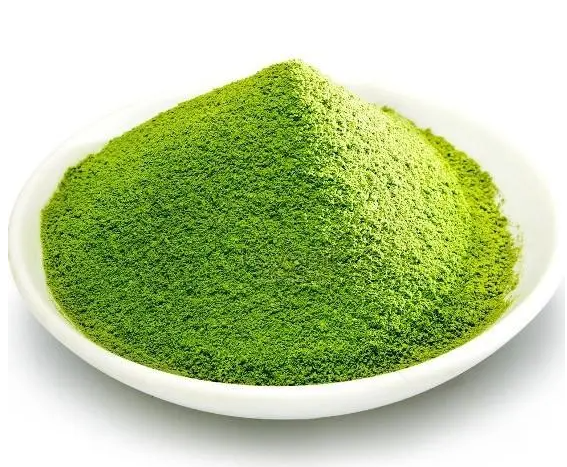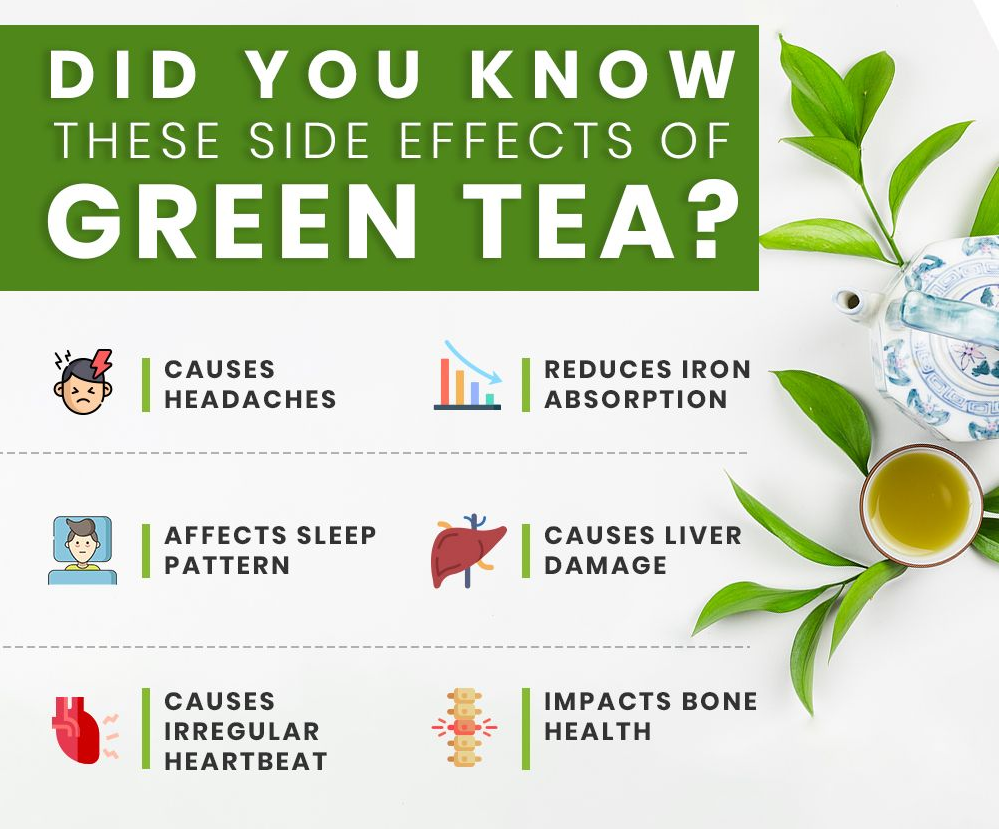Content Menu
● Introduction
● Understanding Green Tea Extract
● Caffeine Content in Green Tea Extract
● Factors Influencing Caffeine Levels
● Health Implications of Caffeine Consumption
● Comparing Green Tea Extract to Other Sources of Caffeine
● Conclusion
● Questions and Answers
Introduction
Green tea extract has gained immense popularity in the health and wellness community due to its numerous benefits, including antioxidant properties, weight management support, and potential cognitive enhancements. As more people turn to dietary supplements for health improvements, understanding the components of these supplements becomes crucial. One of the key components that often raises questions is caffeine. This article will explore the caffeine content in a 300 mg dose of green tea extract, its implications for health, and how it compares to other sources of caffeine.

Understanding Green Tea Extract
Green tea extract is derived from the leaves of the Camellia sinensis plant, which is the same plant used to produce traditional green tea. However, while green tea is typically brewed and consumed as a beverage, green tea extract is concentrated and often available in capsule or powder form. This concentration allows for higher doses of beneficial compounds, particularly catechins, which are powerful antioxidants.
1. Differences Between Green Tea and Green Tea Extract
The primary difference between green tea and green tea extract lies in their preparation and concentration. A standard cup of green tea contains a variety of compounds, including caffeine, catechins, and amino acids, but in lower concentrations. In contrast, green tea extract is processed to concentrate these compounds, making it a more potent source of antioxidants and other beneficial substances.
2. Common Uses and Benefits of Green Tea Extract
Green tea extract is commonly used for various health benefits, including:
◆ Weight Management: Many people use green tea extract to support weight loss efforts due to its potential to boost metabolism and fat oxidation.
◆ Antioxidant Support: The high levels of catechins in green tea extract help combat oxidative stress and may reduce the risk of chronic diseases.
◆ Cognitive Enhancement: Some studies suggest that green tea extract may improve brain function and protect against neurodegenerative diseases.
Caffeine Content in Green Tea Extract
Caffeine is a natural stimulant found in various plants, including tea leaves. The caffeine content in green tea extract can vary significantly based on several factors, including the extraction method and the source of the tea leaves.
1. Average Caffeine Content in Standard Green Tea vs. Green Tea Extract
On average, a standard cup of brewed green tea contains about 20-45 mg of caffeine, depending on the brewing time and the type of tea used. In contrast, green tea extract can contain a much higher concentration of caffeine. A typical 300 mg dose of green tea extract may contain approximately 30-100 mg of caffeine, depending on the specific product and its formulation.
2. Specific Focus on the Caffeine Content in a 300 mg Dose of Green Tea Extract
For a 300 mg dose of green tea extract, the caffeine content can vary widely. Some products may contain as little as 30 mg of caffeine, while others may have up to 100 mg. It is essential for consumers to check the product label for specific caffeine content to make informed decisions about their intake.

Factors Influencing Caffeine Levels
Several factors can influence the caffeine levels in green tea extract, including:
1. Variability in Caffeine Content Based on Extraction Methods
Different extraction methods can yield varying levels of caffeine. For instance, water extraction may result in lower caffeine levels compared to alcohol extraction, which can concentrate caffeine along with other beneficial compounds.
2. Influence of the Source of Green Tea Leaves on Caffeine Concentration
The type of green tea leaves used also plays a significant role in determining caffeine content. Younger leaves and buds typically contain more caffeine than older leaves. Additionally, the geographical region where the tea is grown can affect its caffeine levels due to differences in climate and soil conditions.
3. Role of Processing and Preparation in Determining Caffeine Levels
The processing methods used to create green tea extract can also impact caffeine concentration. For example, extracts that undergo less processing may retain more of the natural caffeine found in the leaves, while highly processed extracts may have reduced caffeine levels.
Health Implications of Caffeine Consumption
Understanding the health implications of caffeine consumption is crucial for anyone considering green tea extract as a supplement.
1. Overview of Recommended Daily Caffeine Intake for Adults
The general recommendation for caffeine intake is up to 400 mg per day for most adults, which is considered safe and may even provide health benefits. However, individual tolerance to caffeine can vary significantly, and some people may experience side effects at lower doses.
2. Potential Benefits of Moderate Caffeine Consumption
Moderate caffeine consumption has been associated with several health benefits, including improved mental alertness, enhanced physical performance, and a reduced risk of certain diseases, such as Parkinson's disease and type 2 diabetes.
3. Risks Associated with Excessive Caffeine Intake, Including Side Effects
On the other hand, excessive caffeine intake can lead to negative side effects, such as insomnia, increased heart rate, anxiety, and digestive issues. It is essential for individuals to monitor their total caffeine intake from all sources, including green tea extract, to avoid these adverse effects.

Comparing Green Tea Extract to Other Sources of Caffeine
When considering caffeine sources, it's helpful to compare green tea extract to other common options.
1. Comparison with Coffee, Energy Drinks, and Other Caffeinated Supplements
◆ Coffee: A standard 8 oz cup of coffee contains approximately 95 mg of caffeine, significantly higher than most green tea extracts. However, coffee also has its own set of health benefits and risks.
◆ Energy Drinks: Many energy drinks contain high levels of caffeine, often exceeding 200 mg per serving, along with added sugars and other stimulants, which can pose health risks.
◆ Caffeinated Supplements: Other dietary supplements may contain varying amounts of caffeine, and it's crucial to read labels to understand the total caffeine content.
2. Discussion on the Advantages of Choosing Green Tea Extract Over Other Sources
Choosing green tea extract over other caffeine sources may offer additional health benefits due to its high antioxidant content and lower risk of side effects compared to energy drinks or excessive coffee consumption. Additionally, the presence of L-theanine in green tea can promote relaxation without drowsiness, potentially balancing the stimulating effects of caffeine.

Conclusion
In conclusion, understanding the caffeine content in green tea extract, particularly in a 300 mg dose, is essential for making informed health choices. While green tea extract can provide a moderate amount of caffeine, it also offers numerous health benefits due to its high concentration of antioxidants. As with any supplement, moderation is key, and individuals should be mindful of their total caffeine intake from all sources.
Questions and Answers
Q: How much caffeine is in a typical serving of green tea extract?
A: A typical serving of green tea extract (300 mg) can contain between 30 to 100 mg of caffeine, depending on the product.
Q: Is green tea extract safe for everyone?
A: While generally safe for most adults, individuals with caffeine sensitivity or certain health conditions should consult a healthcare professional before using green tea extract.
Q: Can I take green tea extract if I am sensitive to caffeine?
A: If you are sensitive to caffeine, it is advisable to start with a lower dose of green tea extract or consult a healthcare provider.
Q: What are the health benefits of green tea extract?
A: Green tea extract is known for its antioxidant properties, potential weight management support, and cognitive enhancement.
Q: How does green tea extract compare to coffee in terms of caffeine?
A: Green tea extract typically contains less caffeine than coffee, making it a suitable option for those looking for a milder stimulant.































